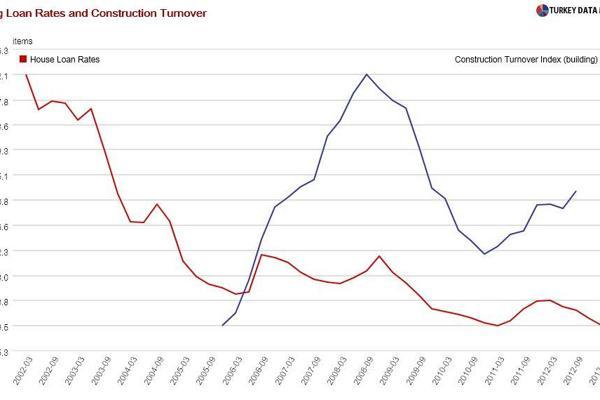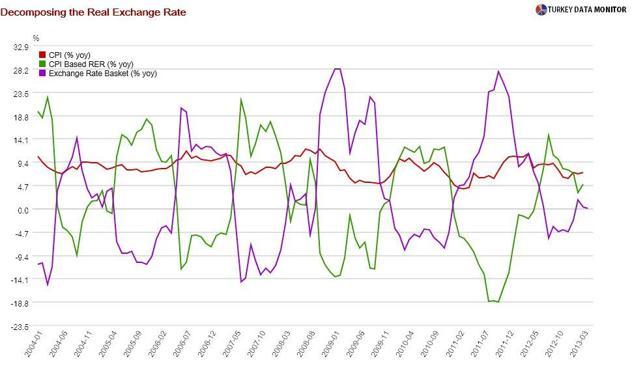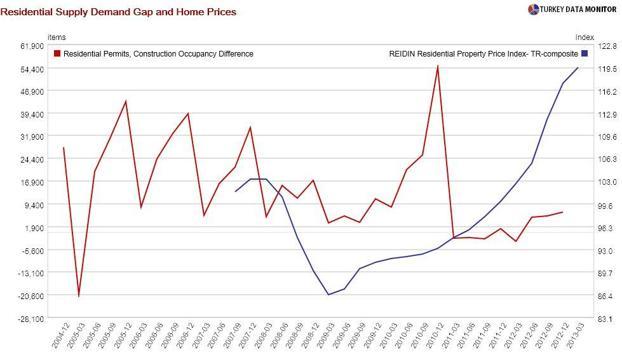The Turkish Disease


While it is also referred to as the natural resource curse, the term is more generally used to explain any increase in wealth emanating from a large inflow of foreign currency, including a surge in commodity prices, foreign direct investment or even foreign aid.
The theoretical underpinnings of this phenomenon were developed in a 1982 paper by Max Corden and Peter Neary. They divided an economy into three sectors, new (oil) and traditional (manufacturing) exports and a non-traded goods sector (services).
Let’s say a country discovers oil. The foreign currency inflow from the oil exports appreciates the real exchange rate, decreasing the competitiveness of the traditional exports sector and causing it to shrink. At the same time, resources shift from manufacturing not only to oil, but also to services to meet the increase in domestic demand, as the economy gets richer.
The Turkish experience is somewhat different. Think of the three sectors as traditional and new (construction) non-traded goods and exports. We have an economy that has grown quickly on the back of manufacturing, the exports sector, but this growth also turns out to be the sector’s undoing.


As people get richer, there is more demand for non-traded goods, including housing, just like in the Dutch disease. Besides, the low interest-rate environment makes financing a home a reality for the middle classes. But two more important supply-side factors turn this into a gold rush.
First, thanks to the country’s appreciating nominal exchange rate and/or the inflation differential with the rest of the world, the real exchange rate is already appreciating, making manufacturing less competitive. This is also similar to the traditional Dutch disease.


But more importantly, it is much easier to make money in construction. You buy a certain piece of land cheaply. You then change the zoning using your connections and getting your way with the municipality. Have a look at the occupations of town council members: You’ll be surprised to see how many are in construction.
An even easier way is to form a partnership with, or at least become a subcontractor for, TOKİ, the state-run Housing Development Administration. Prime Minister Recep Tayyip Erdoğan is pursuing the noble goal of making lower-income households homeowners, as well as the less noble goal of creating His own bourgeoisie, and TOKİ is His instrument on Earth.


As Ozan Acar of Ankara think-tank TEPAV recently noted, rising home prices make people feel wealthy and contribute to the process. But the system will probably crumble not because of a bursting bubble, but simply because at some point the demand will not keep up with supply.
Maybe, a couple of decades from now, textbooks will write that the Hürriyet Daily News coined the term “Turkish Disease” in 2013.
